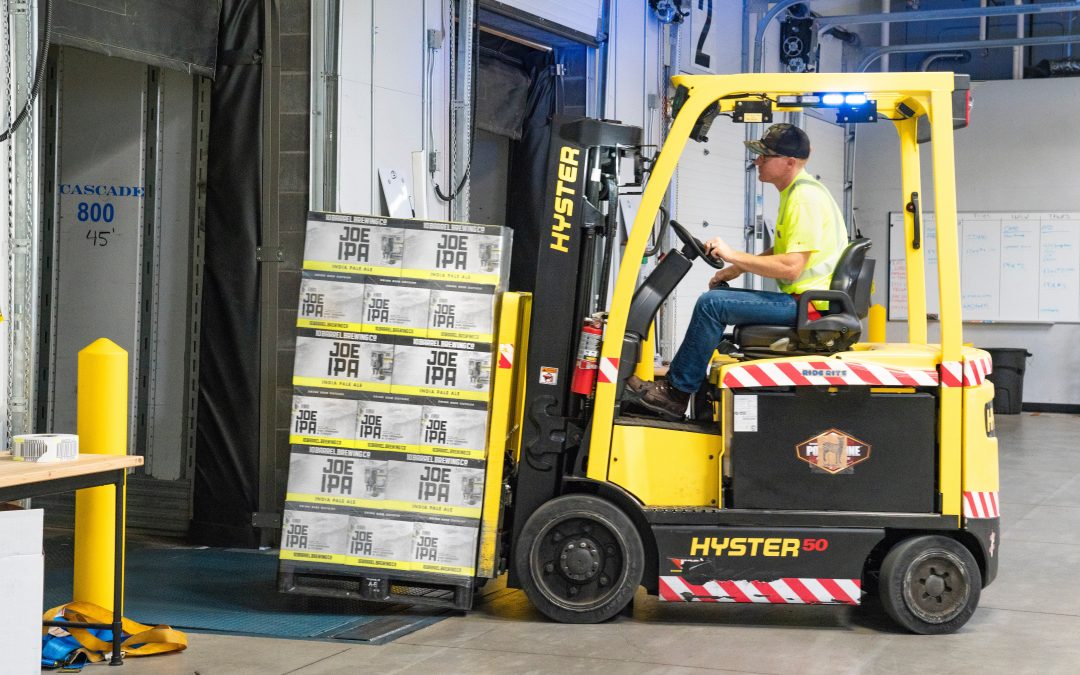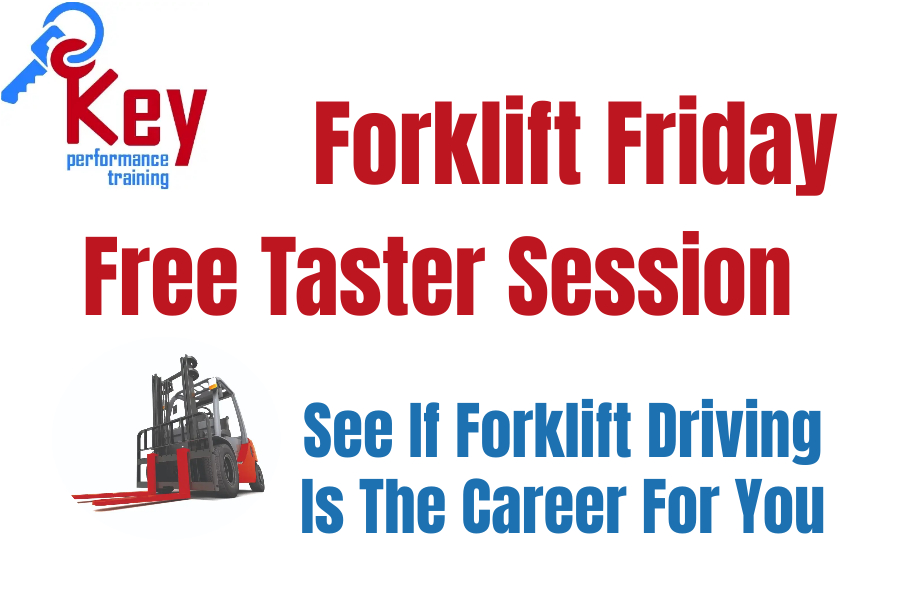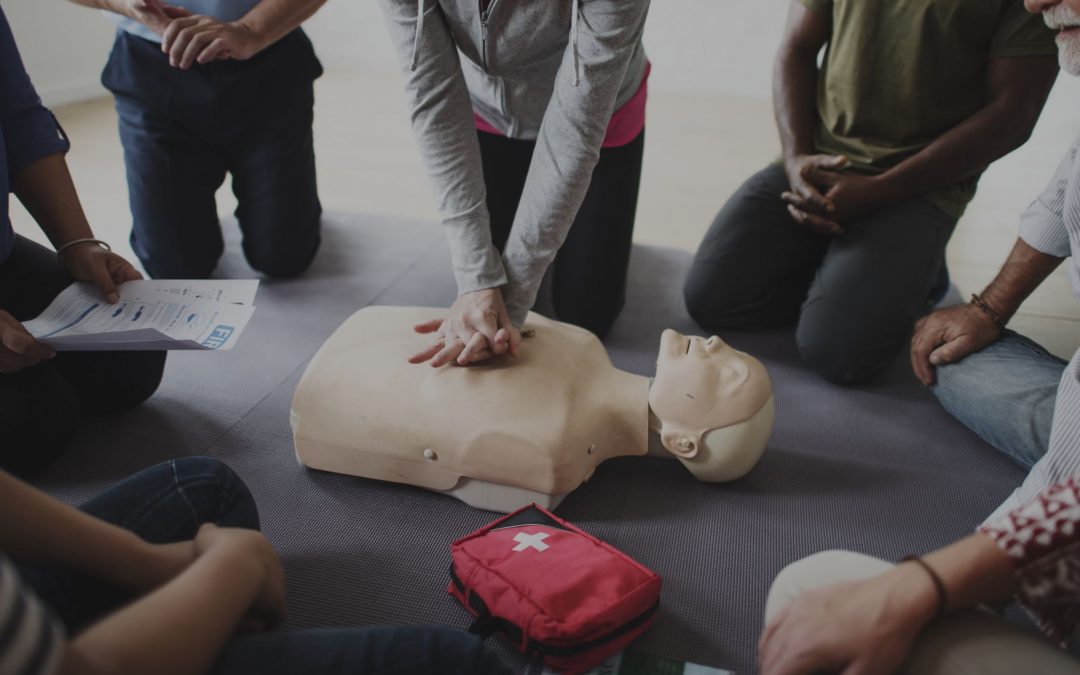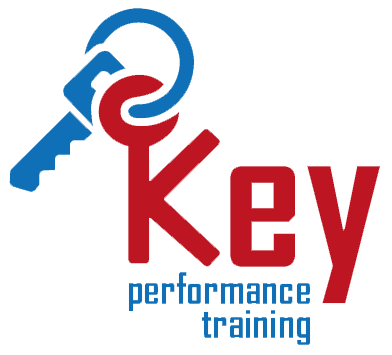
by Rachel Gearon | Oct 6, 2022 | Employment & skills, Training courses
Forklift driving is a career path where you are constantly learning and acquiring new skills as you become more experienced. Obtaining your forklift licence is just the beginning of your journey. So how can you be a better forklift operator?
Never Skip Checks
Forklift trucks can be extremely dangerous machines to operate. Always check the forklift truck over before starting a shift, even if a driver has just been using it immediately before you. We all know the feeling of a manic Monday morning, but it is vital that you take the time to go through a safety checklist before operating a forklift, each and every time.
Be Disciplined About Distractions
It’s always the tips that sound so obvious that are the easiest to disregard. It seems clear to say that drivers should avoid any and all distractions while on the truck, but being disciplined about distractions can be easier said than done. Maintaining focus at all times is paramount to forklift truck driving safety, both for you and for those around you.
Keep Yourself Warm
As we enter the cold months ahead, be aware that driving in cold conditions dramatically reduces your reaction times, so it’s best to make sure you are dressed appropriately for both the weather and warehouse conditions. This is especially important if your work takes you outside. Layers that can be easily added to over the course of the day are an ideal solution, and could make all difference in the safety of your forklift operating.
Ask For Help
It can sometimes be difficult to ask for help, but in forklift truck driving, there are no stupid questions. Always communicate, always make sure, and always double check. It is better to ask and eliminate all doubt, and all safety risks along with it. This way, you are in total control of the safety of your workplace.
Contact david.gearon@keyperformancetraining.co.uk or call 01793 975353 for further advice or information.

by Rachel Gearon | Sep 29, 2022 | Employment & skills, Training courses
Be prepared for the seasonal rush!
If your business is already feeling the effects of staff shortages, it could be even tougher during the peak season coming up. Perhaps you’re already recruiting temporary / seasonal staff to support your operation?
If that sounds familiar, now is the time to upskill your workforce and make sure your staff are trained and ready to respond to the demand.
We offer novice, experienced, refresher and conversion courses on counterbalance, reach and pivot steer forklift trucks, as well as first aid, fire marshal, manual handing and health and safety courses, so make sure your business is in good shape for the weeks to come.
Contact us on 01793 975353 or david.gearon@keyperformancetraining.co.uk for more information.
#keyperformancetraining #forklifttraining #firstaidtraining #firemarshaltraining #manualhandlingtraining #h&straining #workplacecourses #RTITB

by Rachel Gearon | Sep 22, 2022 | Forklift Friday
Key Performance Training is delighted to announce our next Forklift Friday is running on Friday 7th October 2022 at our Swindon training centre.
Forklift Friday is a free taster session for anyone who is interested in learning how to drive a forklift but is unsure if it’s right for them.
You will get the chance to meet your trainer, try some simple manoeuvres, ask lots of questions and learn how we can help you find work.
Refreshments are provided as well, so come and see if Forklift driving is the right move for you.
Places are limited to 10 on a first come first serve basis, so please book now to confirm your place.
Contact david.gearon@keyperformancetraining.co.uk or call 01793 975353 to book.

by Rachel Gearon | Sep 15, 2022 | Employment & skills, Industry news, Training courses
Operating a forklift looks straightforward. In fact, many people believe that if you can drive a car, you can drive a forklift. But it isn’t that simple. Operating a forklift requires an entirely different driving style to any other vehicle, which is only taught with specialist training. To help clear any rumours you might have seen on social media, here’s the most common misconceptions about driving a forklift that you need to know before starting your training.
You need to have a driver’s license
It might sound strange, but you don’t need any kind of specialist license to operate a forklift. That includes a driver’s license, so even if you can’t drive a car, you can still apply to be a forklift operator. If you attend regular training sessions to help you understand how to use the machinery safely, you’ll be good to go.
Forklifts are just like driving a car
Forklifts have four wheels and an engine, so it must be like driving a car, right? Wrong. That’s about as far as the similarities go, which is why you need to attend a training course to learn the ins and outs of forklift operation. Unlike any other vehicle, a forklift uses its rear wheels to steer. They also have a three-point suspension system, which means they handle very differently from any car, van, or lorry you might drive. If a forklift isn’t driven in the correct way, there’s an increased danger of swinging out and causing damage or injury.
Forklift training is just learning to drive forwards
Though you’ll learn how to safely drive a forklift forwards, that isn’t the entirety of the training course. You’ll find that much of your training will be spent driving in reverse, with professional instruction and practice helping you to move through the warehouse safely.
You’ll also be taught how to drive with a load on the front of your forklift and how to carry out the essential safety checks before climbing into the driving seat.
Forklift training takes a long time
Despite the many components to forklift training, a course can be done in just 3-5 days. This allows enough time to cover the theory, technique, and safety before focusing on the practical driving time.
So, if you’d like more advice on forklift training, please get in touch today.
Contact us on 01793 975353 or david.gearon@keyperformancetraining.co.uk for more information.

by Rachel Gearon | Sep 8, 2022 | Employment & skills, Our News, Training courses
We’re delighted to confirm that our first three-day “First Aid At Work” course in our new centre has now been completed, and all our candidates successfully completed their training. They have each been issued with a certificate of training, and the feedback from our candidates was really positive.
Big thanks to our local café, Trenchers Wiltshire, for supplying some delicious lunches as well.
Our next First Aid Course in the centre will be a one-day “Emergency First Aid At Work” course, which is for low-risk environments and businesses.
This is running on Thursday 27th October, and spaces are limited, so please book early to avoid disappointment.





